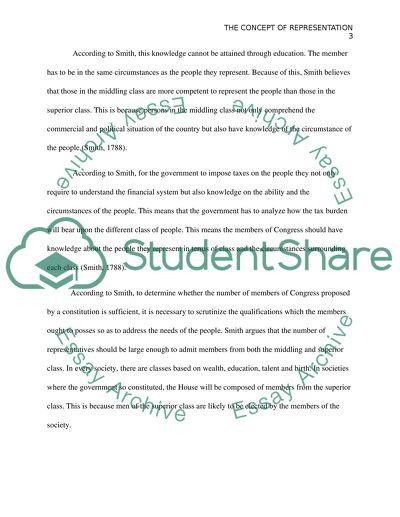Cite this document
(“The Concept of Representation Essay Example | Topics and Well Written Essays - 2000 words”, n.d.)
The Concept of Representation Essay Example | Topics and Well Written Essays - 2000 words. Retrieved from https://studentshare.org/history/1449496-the-concept-of-representation
The Concept of Representation Essay Example | Topics and Well Written Essays - 2000 words. Retrieved from https://studentshare.org/history/1449496-the-concept-of-representation
(The Concept of Representation Essay Example | Topics and Well Written Essays - 2000 Words)
The Concept of Representation Essay Example | Topics and Well Written Essays - 2000 Words. https://studentshare.org/history/1449496-the-concept-of-representation.
The Concept of Representation Essay Example | Topics and Well Written Essays - 2000 Words. https://studentshare.org/history/1449496-the-concept-of-representation.
“The Concept of Representation Essay Example | Topics and Well Written Essays - 2000 Words”, n.d. https://studentshare.org/history/1449496-the-concept-of-representation.


